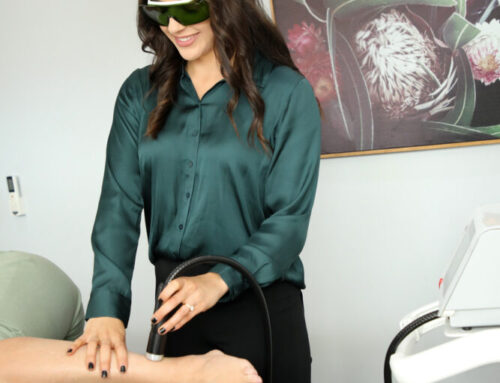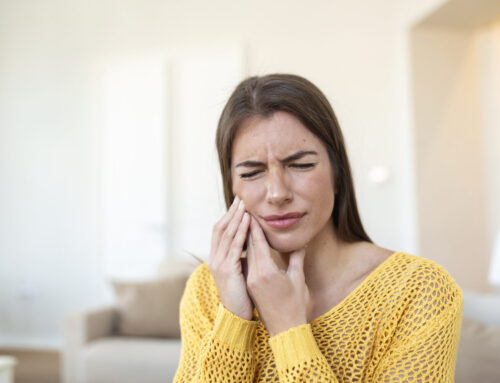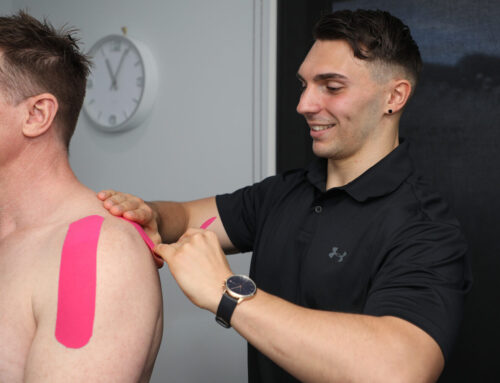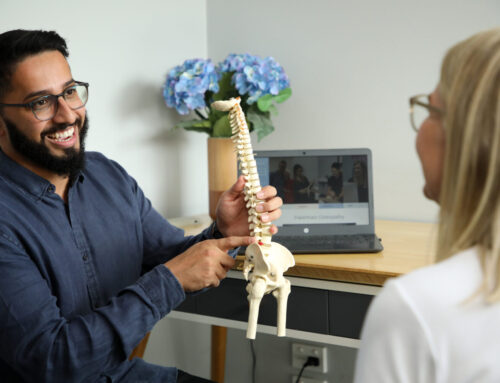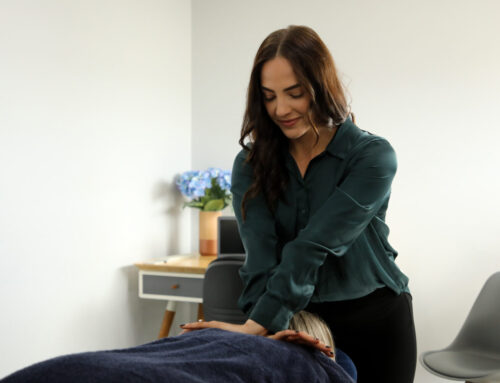We know that sleep is such an important aspect to living a healthy life. Poor sleep, in fact, has a detrimental effect on pain outcomes, with the potential to prolong and intensify the pain experience from an injury – both short and long term.
Approximately 40% of Australians don’t get enough sleep on a regular basis.
The Benefits of Quality Sleep
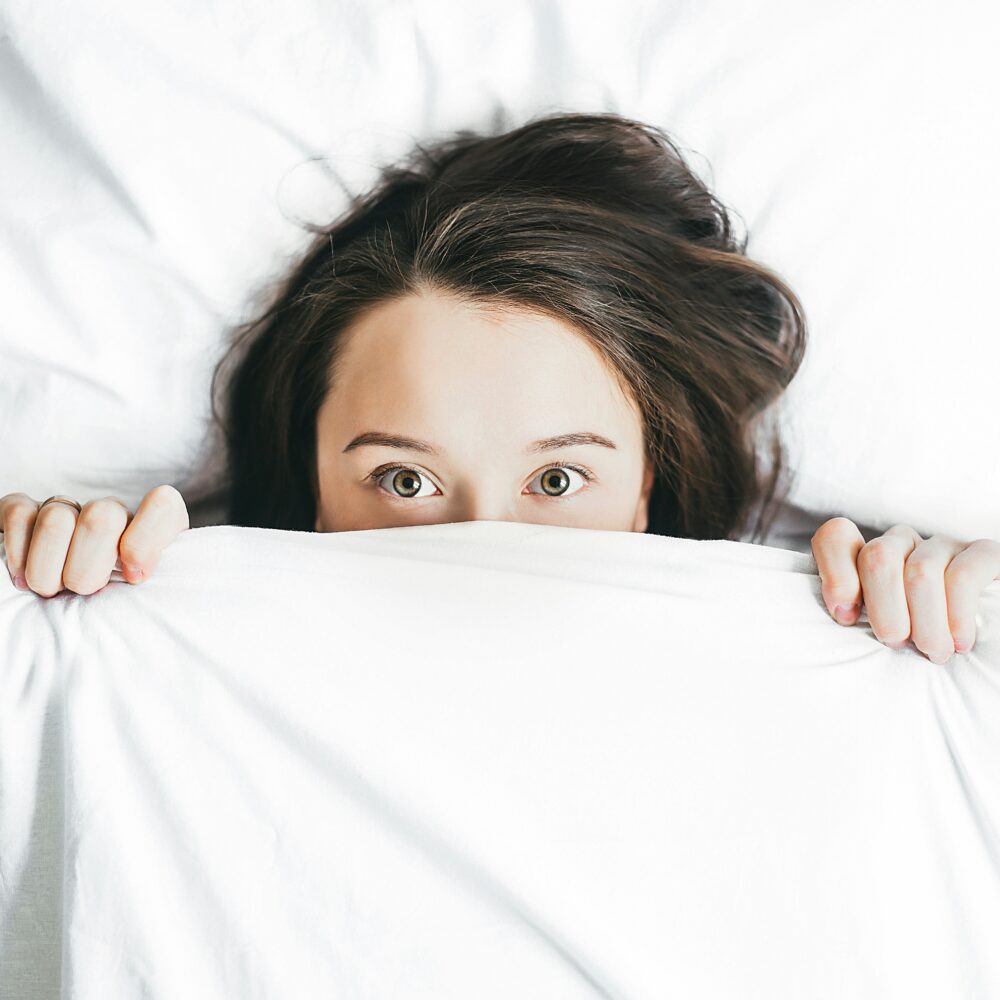
Photo by Alexandra Gorn on Unsplash
An improved sleep experience may contribute to healthier, happier lives, and one factor capable of improving sleep, is exercise. As an osteopath, sleep and exercise are two areas we work with just about every day, which is why I wanted to share how general exercise can positively impact your sleep quality – and your experience with pain.
Exercise has been proven to improve sleep duration and quality for adults, while lack of sleep has been associated with lethargy and physical inactivity the next day, suggesting exercise and sleep are interrelated. This means that optimising your exercise routine can improve sleep quality, and getting adequate amount of sleep could lead to a boost in physical activity levels throughout the following day.
Think about it like this… more sleep leads to increased energy, which could result in higher levels of physical activity. Furthermore, shorter sleep durations result in increased time spent awake, and possible hormonal changes that affects hunger, resulting in increased food consumption.
Greater sleep hygiene is linked to several major benefits including:
- Physical health
- Mental health
- Mental functioning
- Growth and development in younger years
- Work productivity and performance
- Even the risk of car accidents can all be positively impacted when you’re achieving adequate sleep.
What is the evidence behind the ‘exercise & sleep’ relationship?
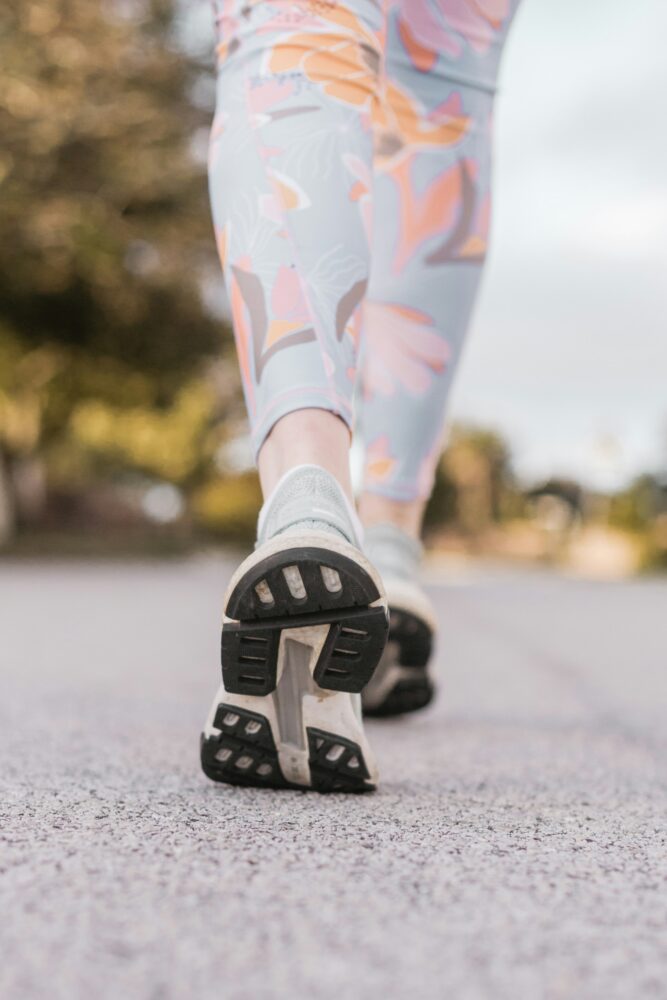
Photo by Sincerely Media on Unsplash
How exercise should be administered and when it should be practiced is still under investigation, but there are several significant findings that support the use of exercise as a means to improve sleep quantity and quality throughout your lifetime.
Evidence from a study which conducted a broad review of exercise and sleep determined that physical exercise is an effective intervention for those who do not experience adequate sleep quality or quantity.
Information from a study conducted in 2021 suggested that regular physical and mind-body exercise such as yoga improved self-reported sleep quality from the participants. Another investigation into exercising’s effect on sleep established that daily walking had a significant effect on sleep quality, including increased duration and less disturbance.
Keeping all of this in mind, the timing of exercise may make a difference. The endorphins released when participating in aerobic exercise can create activity in the brain which keeps some people awake. If this is you, try exercising in the morning or at least 1-2 hours before going to bed, allowing enough time for the chemical level in the brain to return to normal. Listen to your body and get to know how you respond to exercise.
While there is a call for further research on the health impacts of sleep, the available evidence shows that a lack of sleep escalates the risk of many health conditions, emphasising the need for a greater focus to be placed on sleep health.
In summary, what we do know is that exercise tires the body, helps you fall asleep faster, and when performed outdoors has the ability to reinforce the internal body-clock. Moving your body & participating in physical activity promotes blood flow and has a correlation with greater sleep experiences. Whether it be the time it takes to fall asleep, the amount of time you sleep for, the quality of your sleep – it has been evidently shown that exercise has the potential to contribute to one, or more of these factors for a diverse variety of people.
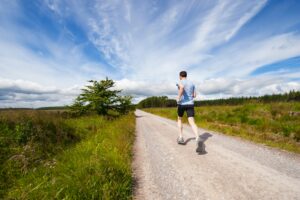
Photo by Jenny Hill on Unsplash
In the broader scheme of ‘sleep’, exercise is just one of many factors that can contribute to sleep. It is important that we understand that exercise alone, is unlikely to solve major sleep problems, but it is capable of playing a part in helping you have a good night’s sleep. Additional areas such as noise, artificial lighting, electronics, and other environmental and social factors may also contribute to insufficient sleep. If you’d like tips on imorivuing your sleep habits please read this blog “Want To Improve Your Performance in the Bedroom?“
So, I ask you this… do you see yourself as someone who associates themselves with either a lack of exercise or sleep? I encourage you to try and change this by finding time to fit exercise into your schedule – whether it be a walk, a bike ride, some yoga, or social sport. It could be the missing piece that your sleep hygiene needs. Sleep tight!
